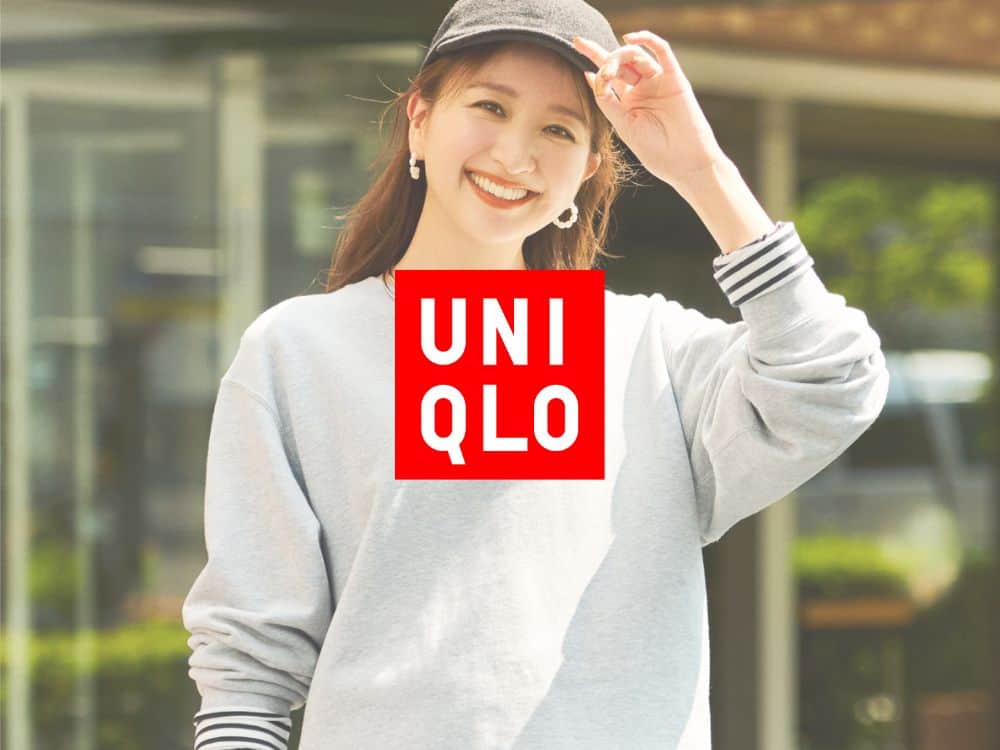
Is Uniqlo Fast Fashion?
With their candy colored merino wool and cashmere, classic staples, and general timeless fashion appeal, Japan’s Uniqlo seems like a far cry from its fast fashion peers at Shein, H&M, or Zara.
But as the third largest clothing brand in the world raking in $25 billion dollars of sales annually and nearly 3000 stores worldwide, is Uniqlo fast fashion?
Known as the Gap of the East, their secret sauce is arguably more enduring, given that Uniqlo has usurped Gap’s status as the one-stop shop for lasting apparel over the “new styles every week” gimmick of big brand competitors. But despite Uniqlo’s vehement denial of being a fast retailer of fashion, their publicly-traded parent company’s name itself is Fast Retailing.
So, what is Uniqlo? Ethical or eh…avoid? A blameless brand of goodness or an unstoppable beast of planetary burden?
Let’s unravel that cashmere haul you bought in every colorway and discover the real Uniqlo sustainability rating.
1. Undressing Why Uniqlo is Fast Fashion
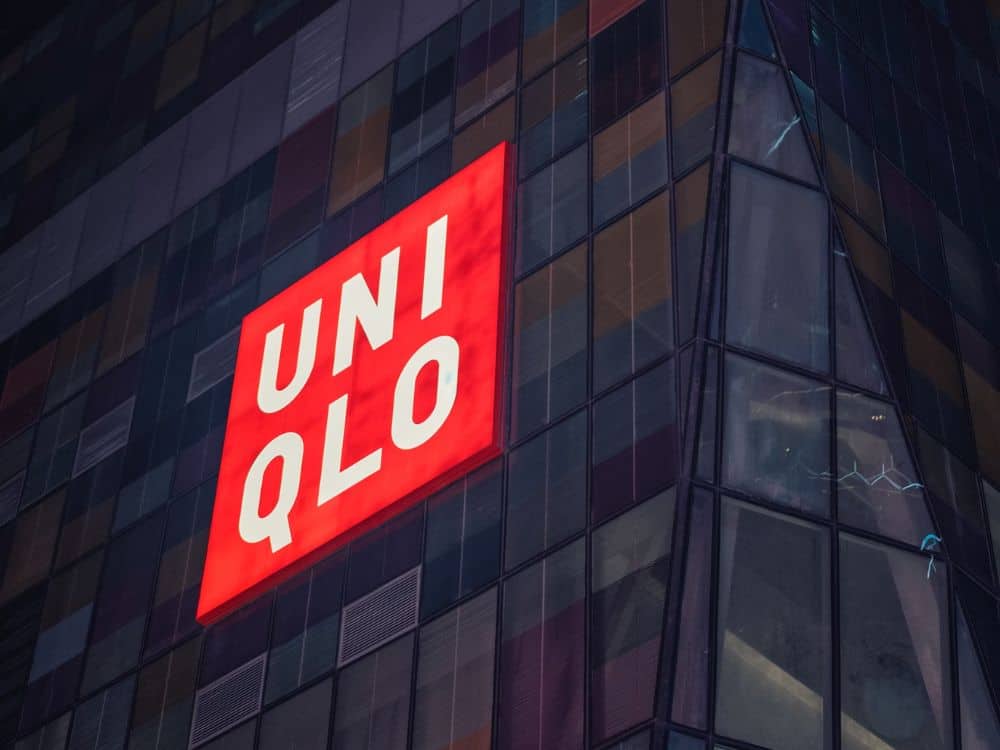
The privately-held multinational retailer first opened its doors in Hiroshima in 1984 with an ethos of affordable, durable, everyday clothes that never go out of style. The brand’s founder, Tadashi Yanai, has been Japan’s richest man for years.
As one of the most ubiquitous fashion brands in the world, Uniqlo has had multiple labor rights violations and uses a significant amount of cheap fossil fuel-based synthetic materials—all sold at very low costs, making both Uniqlo ethics and sustainability questionable.
While Uniqlo might not be as bad as other Asia-borne fast fashion companies—like Temu and YesStyle—the fundamental issue with the brand is the size and scale they operate at. Low prices and low margins means it’s all about selling a lot. Their business model needs you to buy that hat and scarf set in a full rainbow of color ways for every day of the week. And that’s not eco-friendly.
Recently, they embarked on more sustainable approaches, highlighting new technologies they’re using to create new clothing from recycled materials and energy-efficient infrastructure. They also support the Setouchi Olive Foundation, which endeavors to protect coastal areas of Japan, along with a number of other initiatives caring for the environment and communities.
Says the Uniqlo website, “For more than 20 years, Uniqlo has been on a path to sustainability. As a global company creating responsible clothing, we are committed to a healthy planet, society, and people.”
But claims like that aren’t uncommon among the worst fast fashion brands to avoid, so is Uniqlo sustainable, really?
Well, a total lack of transparency indicates they must have something to hide. For example, as a company raking in billions in revenue annually, why doesn’t Uniqlo present a solid certification for their textiles?
Moreover, the Japanese brand fails to report on its progress or disclose implementation of any systems to support its climate change targets to reduce emissions and environmental degradation in its supply chain. While they claim to have set “science-based targets,” these haven’t been scientifically approved, which makes determining their efficacy near impossible.
The brand is definitely doing some good, but there’s also plenty of grim. Ranging from the second largest ever unresolved wage theft to slave-sourced cotton to global greenwashing accusations, Uniqlo’s room for improvement is about as lofty as their mammoth mall-based stores.
2. Uniqlo Controversy Roundup
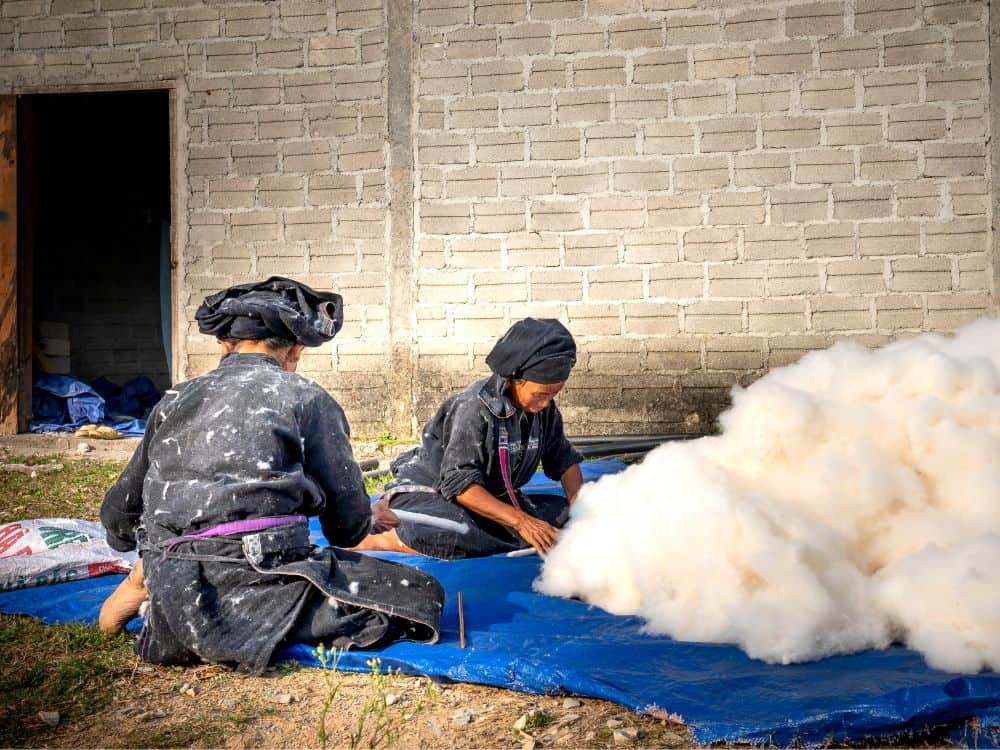
There are some unique lows for fashion giant Uniqlo, which indicate a dire need for transparency and remediation if they truly believe “we can turn the power of clothing into a force for good.”
Garment Workers’ Stolen Wages
According to the Clean Clothes Campaign, Uniqlo—a brand worth $8.6 billion whose owner is worth $31.6 billion—has been embroiled in an ongoing workers rights case since 2015 in which 2,000 Indonesian garment workers employed at two Jaba Garmindo factories to sew clothes for Uniqlo now live in abject poverty after factories shuttered their doors with an outstanding $5.5 million in unpaid severance pay.
Uniqlo continues to deny responsibility, shifting it to the third party factories. While the case is somewhat publicized, it’s had no negative impact on Uniqlo’s profits, with Fast Retailing’s operating profit up by 19.4% in 2022 alone.
Uniqlo Child Labor & Forced Labor In Uyghur
Alongside numerous fashion retailers, Uniqlo was accused in 2021 of using China’s Xinjiang-region Uyghur forced labor (including a million-plus women and children) for cotton.
The brand denied the allegations, despite stating on men’s button-down shirts in 2019, “Made from Xinjiang Cotton famous for its superb quality.” Then, Uniqlo cotton shirts and shorts were blocked at the US border on concerns they violated a nationwide ban on Xinjiang cotton.
CEO Tadashi Yanai declined to comment, but back in August 2020, Fast Retailing made an obviously false statement that “no Uniqlo product is manufactured in the Xinjiang region.”
Paris Lawsuit
To make matters worse in the Uyghur forced labor scandal, in 2023 the brand faced a Paris-based lawsuit by the anti-corruption association Sherpa, the Ethique sur l’etiquette (Ethics on Labels) collective, the European Uyghur Institute, and an Uyghur woman previously held in a camp in Xinjiang, China.
The lawsuit accused Uniqlo (and others) of being “involved in the surveillance, the management and the construction of camps, as well as the overall monitoring of the Uyghur region.”
Evidence submitted included a video that depicts Uyghur workers manufacturing goods and a survivor herself. The outcome of the case is still pending.
Australian Underpayments
In 2023, Uniqlo DID take responsibility for ripping off Australian employees nearly $25 million in underpayments for a lengthy seven-plus years, with nearly 8000 staff affected. They claim to now be working to organize back-payment (and interest) after discovering underpayments.
South Korean Protests over Tasteless Ad
In 2019, Uniqlo was forced to pull an ad from South Korean TV after it was accused of mocking victims of past wartime sexual slavery. The Korean-language subtitles appeared to question the testimony of women who said they were forced to work in Japanese military brothels before and during the second world war.
Historians say the Japanese imperial army coerced as many as 200,000 women and girls, mostly from then Japanese occupied Chōsen (modern day Korea), to serve in military brothels.
Student protesters took to the streets of South Korea to fight against the commercial, demanding an official apology. In response, Uniqlo pulled the ad, and claimed it had not intended to cause offense.
Dangerous Working Conditions Bust
In October 2016, Uniqlo was found guilty by two non-profits—War on Want and Students and Scholars Against Corporate Misbehavior (SACOM)—for dangerous workers’ conditions, ‘modern slavery,’ and forced overtime within its supply chain.
The company’s response included this statement, along with starting to publish its supplier list, along with an extensive supplier factory condition monitoring system to grade conditions and grievances on an A-F scale, with anything below a C requiring follow-up investigations.
Uniqlo also said it was implementing new initiatives like translated supplier codes of conduct into local languages for full understanding, enhanced grievance mechanisms at supplier factories, and a more watchful eye to reduce energy, waste, and water effluence during manufacturing.
It’s worth noting the slave cotton bust and stolen wages came well AFTER this, deeming their lip service (without verifiable evidence to support their claims) questionable.
Doraemon Greenwashing
In 2020, Uniqlo enlisted Doraemon, a fictional cat, as its Global Sustainability Ambassador. Doraemon activates his “sustainability mode” and turns green, which was called out for being a cute but insincere marketing gimmick (AKA greenwashing) to distract Uniqlo’s customers from the negative impact they have on the planet.
3. Uniqlo Ethics Are Still Largely Untraceable
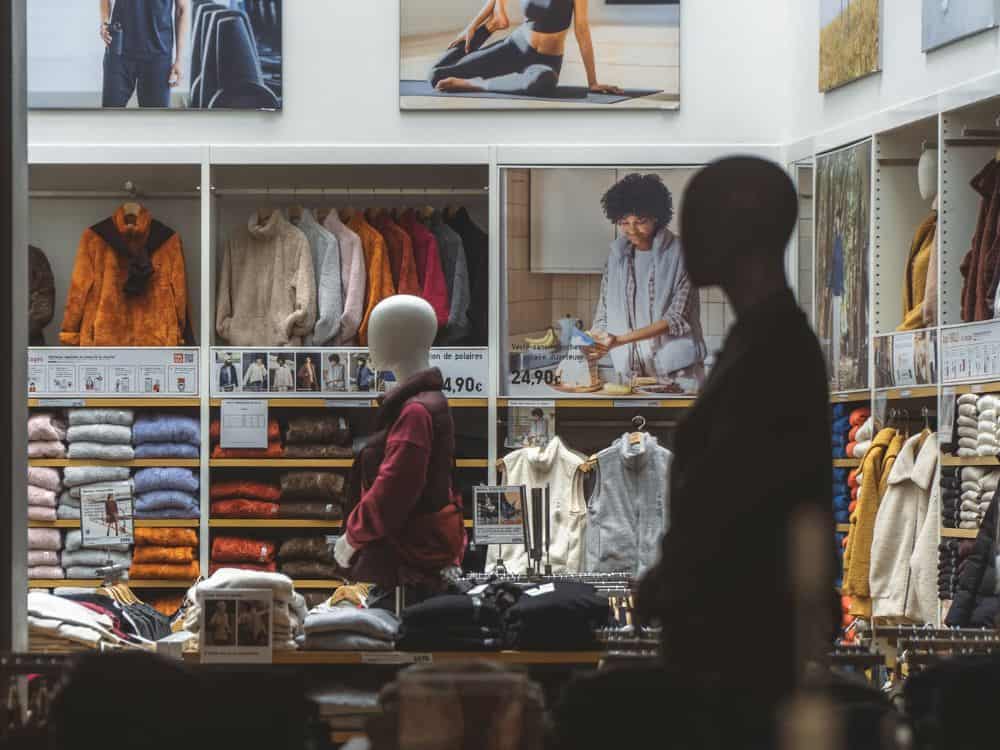
All that said, is Uniqlo a good brand?
The 2022 Fashion Transparency Index gave Uniqlo a score of 41–50%, which compared to other large retailers is (sadly) decent. At the very least, they do claim to have monitoring now, stating in their 2021 Report that they check the compliance of partner factories using the Fast Retailing Code of Conduct for Production Partners.
The CoC stipulates the rules that partner factories must abide by, and evaluation results are disclosed on their website. Uniqlo also has an Fair Labor Association (FLA) accredited social auditing program covering its entire final production stage, but not earlier tiers like raw materials.
They state that FR employees visit partner factories to provide support for improvement, and, in 2020, conducted training for 489 factories in 22 countries “to ensure that partner factories understand the Code of Conduct, the latest labor standards, and more”.
By March 2022, Uniqlo planned to publish a list of all garment factories to expand the scope of disclosure to include non-garment factories, and, in a subsequent 2022 Report, vowed to respect human rights in all production processes and that workers’ wellbeing is priority. Progress toward these goals or even how they are measured and monitored is unclear.
Their claim of third-party support also feels suspect when they’ve yet to ensure a living wage:
“To help solve global social issues that cannot be addressed by any single company, we work proactively with respected NPOs, NGOs and industry groups, including UN Women, the International Labour Organization (ILO). By engaging a diverse range of stakeholders across industries and geographies, we aim to improve working environments everywhere.”
They also claim female supervisors increased tenfold after introducing the in-house training project in Bangladesh with the ILO, but is this merely a distraction from their $5.5 million theft?
In terms of animal rights, Uniqlo claims to source merino wool from non-mulesed sheep and to ensure cashmere is ethical, but we see no proof to verify claims. They do not use fur, use some recycled down (and ask customers to bring ANY down item, Uniqlo or not, to their stores for recycling), and do trace some animal-derived materials to their source—all commendable.
4. Uniqlo Sustainability Is A Work In Progress
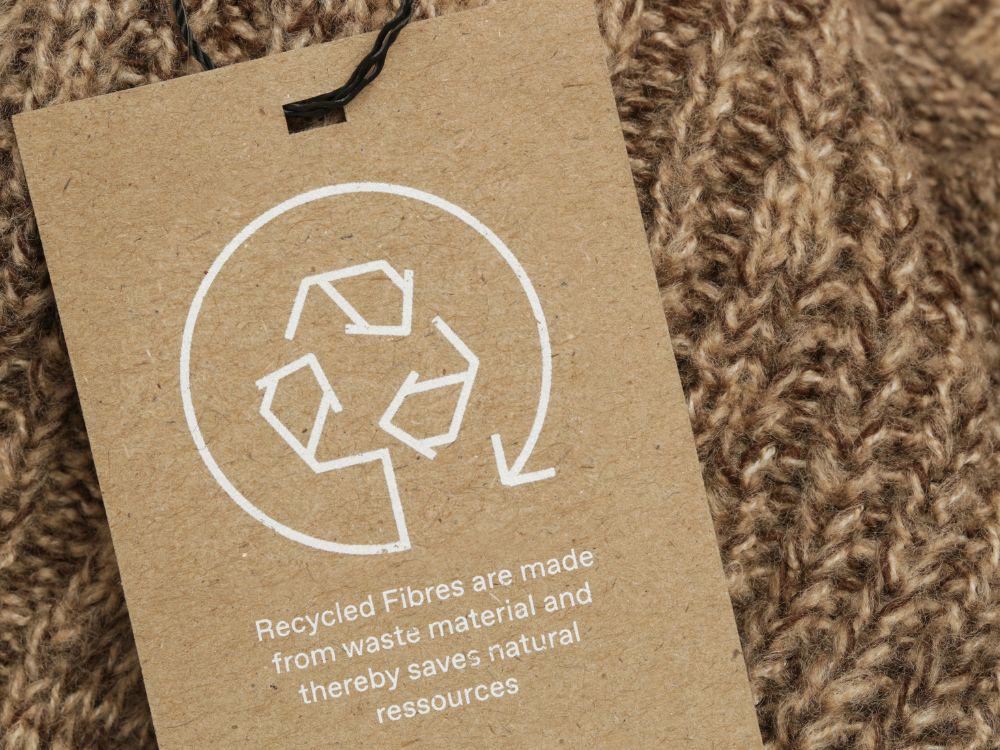
While advocates of Uniqlo argue the brand is more like a green innovation tech company than a fast fashion outlet, detractors portray the brand as a major player of the corrupt and destructive fashion system, only more cleverly masked than Zara or Primark.
The brand appears to care about sustainability with its LifeWear ethos, along with its carbon neutral goal by 2050, shifting to 100% renewable energy, producing 50% of all apparel with 50% recycled materials by 2030, tracing back to raw materials, and becoming 100% zero waste with packaging.
Uniqlo now offers recycling boxes at many stores through the Recycling Program, through which, as of August 2022, they had supposedly collected and redistributed 50.50 million items to 80 countries and regions.
That said, the primary issue with Uniqlo is the lack of verifiable evidence to back any of their claims or to track any progress towards their various feel-good goals.
Materials
For its low price point and compared to others, Uniqlo is surprisingly good quality, thanks to decently made materials. Uniqlo claims all fabrics are sustainably sourced. They’re also now members of the Better Cotton Initiative; that said, BCI cotton is also rife with greenwashing and inadequacies.
They use a small percentage of recycled PET bottles to create nylon and polyester, and are now trying to determine the sources of wood materials used for their cellulosic fibers. But while they state they won’t use materials from endangered forests, habitats of endangered species, and illegally logged forests, we need to see a plan of action and evidence.
With the LA-based Jeans Innovation Center, Uniqlo uses BlueCycle for their denim, which reduces water use in the finishing process by up to 99%. They claim jeans are finished with just a teacup’s worth of water. They also ensure a “better working environment” by using lasers to distress jeans.
Manufacturing
In 2014, Uniqlo joined the Sustainable Apparel Coalition (SAC), and in 2016, they introduced a sustainability department. Since 2017, Uniqlo has published yearly reports on sustainability to provide some degree of insight into manufacturing.
In late 2021, Fast Retailing unveiled its sustainability plan for the next 28 years, until 2050, which includes having totally sustainable garments by that year (we say that’s still too far).
Uniqlo does take some actions to reduce water use in their supply chain, have initiatives to combat microplastics, started using renewable energy in all of its offices and stores, and set a science-based target to reduce GHG emissions throughout both their direct operations and supply chain—but again provide no evidence for progress on any of these actions.
One way that Uniqlo’s manufacturing is undeniably better than its fast fashion competitors is in its approach. While Zara steals from the runway and squeezes its apparel-making processes (designing, manufacturing, distributing, and retailing) into the span of a few weeks, Uniqlo aims to achieve the exact opposite.
They plan wardrobe production up to a year in advance, with some products and fabrics being perfected for years before being released. Uniqlo’s operative agility also reduces waste by using advanced tech in-store to understand what is selling, which translates back to their factory floors.
Carbon Footprint
The brand told fashion reporters they reduced 18,000+ tons of carbon emissions from 2019 to 2020. Their stated goal is to have it reduced by 90% in 2030. That said, Uniqlo has a ways to go in terms of transparency to truly understand their progress.
In January 2020, FR signed the Fashion Industry Charter for Climate Action. The Charter supports the Paris Agreement’s goals in “limiting global temperature rise to well below two degrees Celsius above pre-industrial levels”.
Fortunately, they are indeed significantly reducing packaging and bag waste; that said, we haven’t heard any plans to mitigate their massive global shipping and distribution footprint outside this statement: “We aim to improve transport efficiency by consolidating containers and trucks for transport and shipping.”
One positive thing the brand introduced is its RE.UNIQLO project, which collects old Uniqlo clothes and re-purposes or resells them. After a successful Harajuku RE.UNIQLO vintage pop-up, we’re hopeful the brand scales the tiny pilot project to encompass all twenty-five countries that their thousands of stores operate in.
So, is Uniqlo fast fashion?
To avoid greenwashing and human rights accusations and for us to really believe they’re working to reduce their carbon footprint, they’ll need to work on transparency and third parties to verify their claims.
Compared to most, Uniqlo stands out with their timeless staples over trendy pieces that fast go out of fashion. But aside from that, there just isn’t enough info or transparency yet to confirm with confidence that Uniqlo is, indeed, better than most.
Did you know we Have a Newsletter?
We cover the latest in sustainable living, fashion, zero waste, beauty, travel, finance and more…
Pin these:





